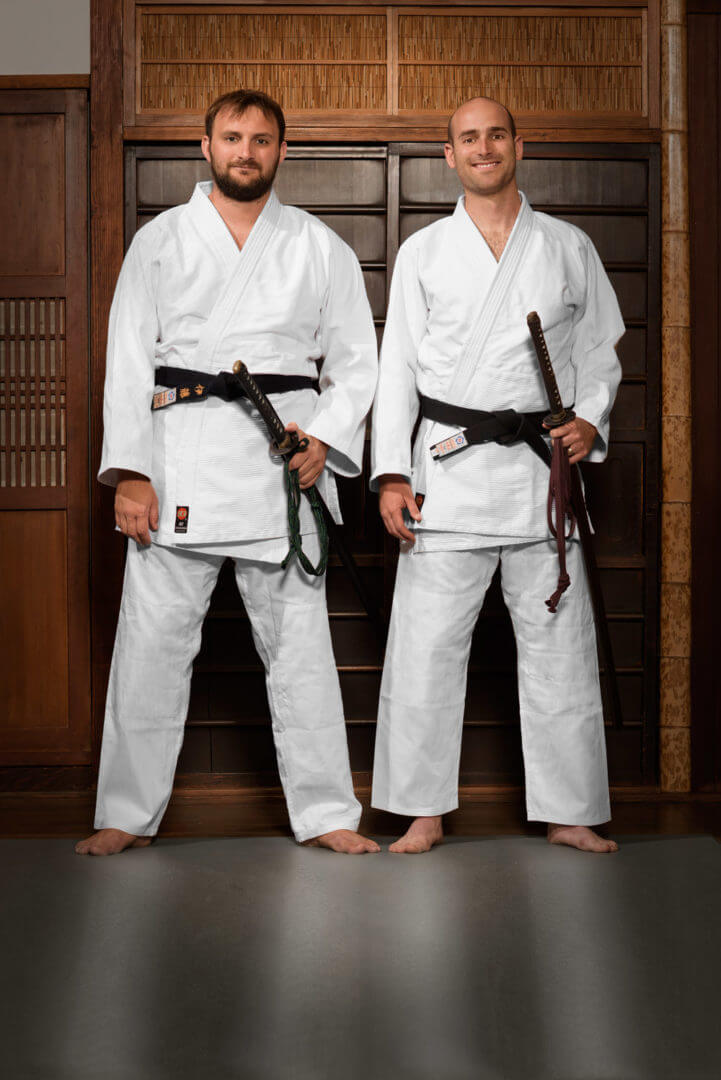Akido Practices MMA – Medical Martial Arts

In the not-too-distant future, doctor house calls could make a comeback, albeit in digital form. Thanks to a USC-bred innovation debuting soon at Keck Hospital, physicians may one day be able to track your vital signs from afar — via Fitbit-style gadgets — and use the data to predict heart disease, diabetes and other ailments. On a wider scale, such data could pave the way to forecast flu outbreak locations and take steps to curtail the illness.
That’s the vision of a startup company called Akido Labs, the latest offspring of USC’s Health Technology and Engineering program, better known as HTE@USC, an interdisciplinary collaboration between the Keck School of Medicine of USC and the USC Viterbi School of Engineering.
Akido, a play on the Japanese martial art aikido, is a computer platform that aims to unleash the power of electronic health records and other medical data. It’s a digital translator of sorts, enabling various software programs to communicate and exchange data effortlessly, while safeguarding patient privacy.
Think of it as “Marcus Welby, M.D.” meets the Information Superhighway.
The uses for Akido are boundless, said company cofounder Jared Goodner, a biomedical engineering Ph.D. student in HTE@USC’s inaugural class.
Consider the example of home blood pressure monitors. Right now, it’s ridiculously cumbersome to chart and compare a patient’s home readings against those taken at a hospital or doctor’s office, Goodner said. All the numbers would have to be manually recorded for analysis.
That’s because each hospital operates in its own software universe, preventing communication with home health devices, outside doctors and other hospitals. Akido bridges that communication gap. The result makes it dramatically easier for software developers to create and test new apps that could revolutionize medical care.
Dr. Joshua Lee, chief information officer for the Keck School — which is adopting Akido across USC’s entire network of hospitals and clinics — envisions an app that would run a patient’s vital signs, symptoms, medications and demographic details through a “medical literature database” to help doctors formulate the best diagnosis and treatment plan for someone with those characteristics.
If widely adopted, the interface will spur innovation that shrinks hospital costs and improves medical care, both on an individual and larger demographic basis, Akido cofounder Prashant Samant said. It will be the health care equivalent of an app store, providing software inventors the tools they need to make creative use of medical data, he adds.
Given that potential, it’s no surprise the company recently won financial backing from Y Combinator, the startup seed fund that also nurtured Airbnb, Dropbox and Reddit. In exchange for a 7 percent equity stake in Akido, Y Combinator kicked in $120,000 and provided a three-month advisory program, its standard arrangement with fledgling companies. Other investors have also jumped onboard.
Later this year, Akido officially goes live in USC hospitals and clinics, which piloted the program and hope it will bolster Keck Medicine of USC’s credentials as “a crucible of innovation,” Lee said.
Already, dozens of hospitals nationwide have expressed interest in the technology. The buzz of activity has prompted Goodner and Akido’s third cofounder, Google-engineer-turned-USC-med-student Hugh Gordon, to take a leave of absence from their studies.
It may be a long hiatus. “If Akido succeeds across a majority of U.S. hospitals,” Samant said, “we’ll be one of the biggest health care companies ever.”



